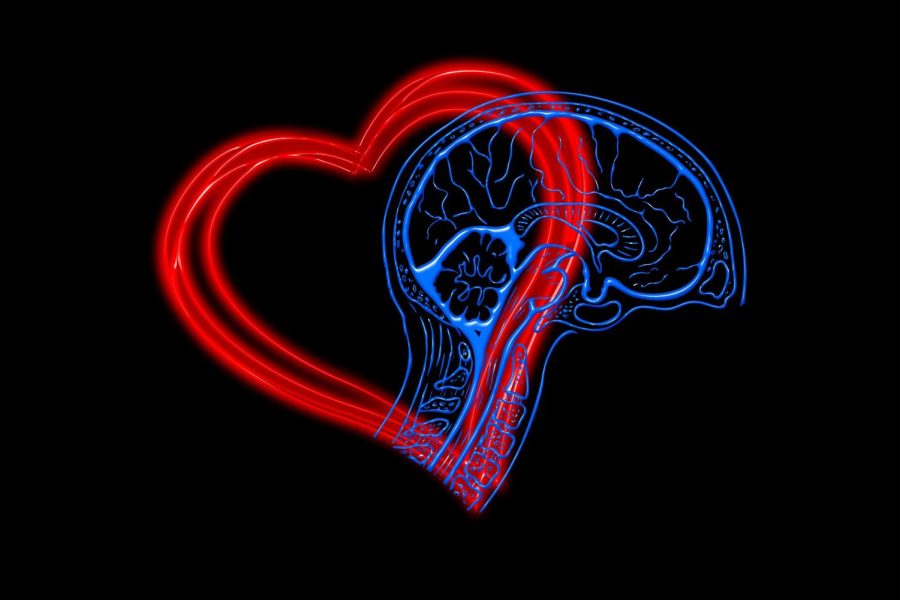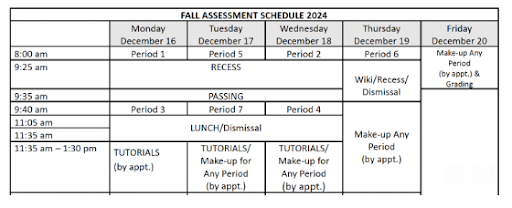Mandatory mental health programs should be implemented for grades K-12
The Department of Health states that there are most likely between 39,520 and 60,800 people under the age of 18 who are experiencing a mental illness each year in the State of Hawaii. In the United States, about one in five teens lives with a mental health condition, according to Mental Health First Aid. Furthermore, they state, “Among teens with mental health needs, 70 percent do not receive the care they need.”
Despite teens often being aware of their own conditions, they are sometimes unable to receive the support they need. Rather, they turn to more informal support, such as self-help books and family and friends, according to a survey completed by the Department of Health. Even worse, some teens don’t receive any form of support at all. This calls for more effective, mandatory mental health program in schools.
Children may not receive the proper mental help they need, possibly because they are not comfortable with the idea of reaching out to someone due to stigmas surrounding mental health topics. This stigma has been passed down from generation to generation. However, if a mandatory, widespread mental health program is implemented for grades K-12, it will surely begin to break down the stigmas around mental health. More discussions about various mental health topics will take place, allowing everyone to become more comfortable and open to talking about it. Consequently, children will feel more comfortable to reach out to the proper professionals to get the support that they need.
Through a mandatory K-12 program, students will be able to build upon their knowledge on the topic of mental health, such as understanding how to identify a mental health condition and how to properly confront a condition of theirs, or someone they know. Even better, all schools could employ a professional in this field, such as a psychologist, for their students to have access to at any time. Additionally, some East Coast states such as New York and Virginia have implemented their own mental health education standards. Slowly but surely, these states have been breaking down the walls surrounding this relevant topic that forces individuals to mask their thoughts and experiences with it. Inevitably, these states’ overall standing in mental wellbeing has increased, as shown by a recent survey done by Mental Health America. For their 2022 survey, New York ranked 9, having one of the lowest rates of mental illness and having one of the highest rates of access to receive professional help amongst the children in their state. Schools in general should follow suit and also implement these mental health standards in their curriculum.
Jarvia Crecia Agbayani is a 10th grader in the Academy of Health & Sciences.






